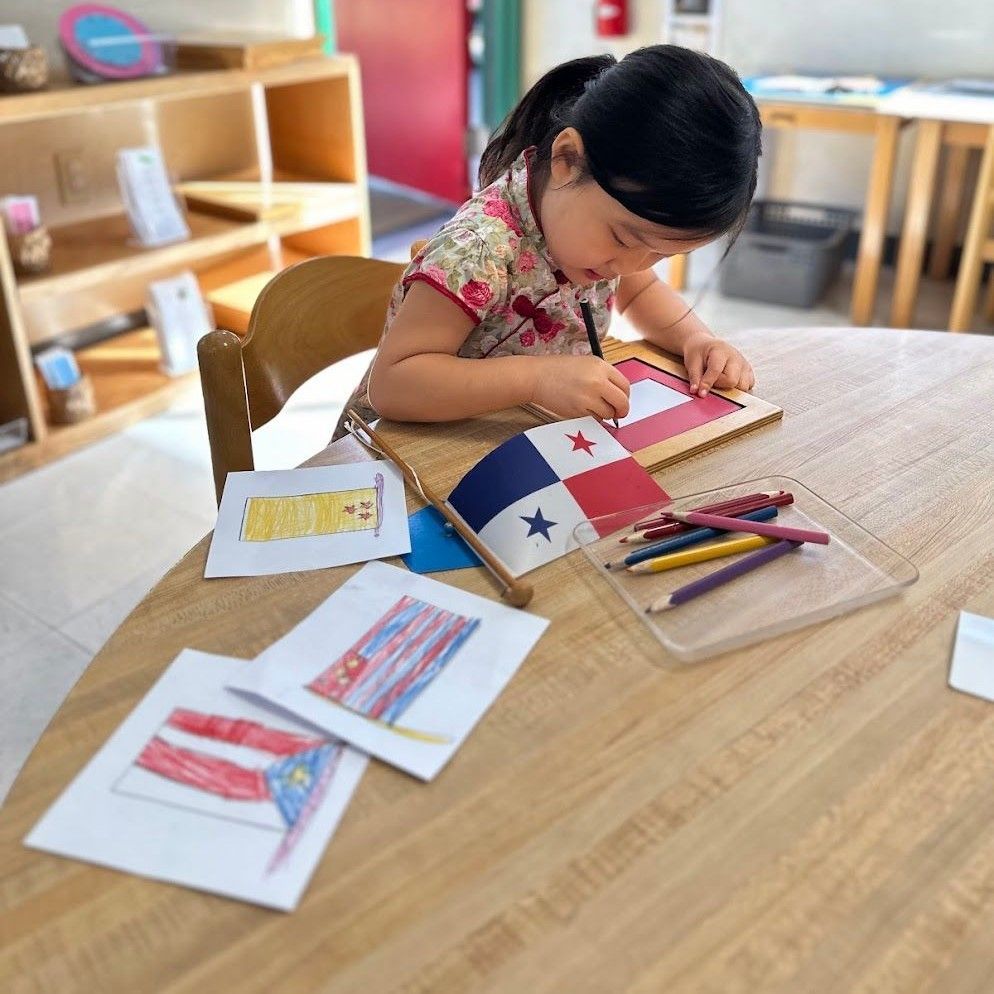The Montessori Curriculum
The Five Areas of the Montessori Curriculum
Montessori is a vibrant and joyful approach to education where children explore, discover, and learn at their own pace in a nurturing environment! It’s all about sparking curiosity and independence, helping children grow into confident, lifelong learners. The Montessori curriculum is at its core interdisciplinary and spiraled. The environment and materials foster a love for learning across five curricular areas.
Practical life
The Montessori practical life curriculum is all about empowering children to develop independence, confidence, and essential life skills through hands-on activities. From pouring water to buttoning shirts, every task is an opportunity for little ones to master real-world skills while having fun! With each small success, children feel a joyful sense of accomplishment that sparks their love for learning.
Sensorial
The Montessori sensorial curriculum is a vibrant exploration of the world through the five senses, inviting children to experience textures, colors, sounds, and shapes in delightful ways. From building with pink towers to sorting colorful beads, every activity sparks curiosity and sharpens perception. It’s a tactile journey of discovery that lays the foundation for deeper understanding and creative thinking!
Language
The Montessori language curriculum opens the door to a world of words and communication, sparking a child’s natural love for language! Through engaging activities like storytelling, letter tracing, and object matching, children explore sounds, vocabulary, and early writing. Each step builds their confidence, creating a strong path toward reading and self-expression!
Language “works” grow steadily more complex as children enter the elementary years. They explore grammar, sentence structure, and creative writing in ways that feel like exciting discoveries rather than lessons. By diving into rich literature and developing their writing skills, children build a love for language that blossoms as their abilities grow.
Math
The Montessori math curriculum turns learning numbers into an exciting adventure, starting with hands-on materials that make abstract concepts easy to grasp. As children move into the elementary grades, the lessons grow in complexity, guiding them from concrete tools to more advanced problem-solving and critical thinking. With each step, they discover the joy of mastering everything from fractions to algebra, building a deep and lasting love for math!
Cultural studies
The Montessori cultural studies curriculum marries history, science and the study of human origins and cultures. The science curriculum encourages children to explore the wonders of the natural world with curiosity and excitement. Through hands-on experiments and discovery, they learn about plants, animals, physics, and the universe around them. This approach nurtures their sense of wonder and helps them develop a lifelong passion for scientific exploration.
Cultural studies in Montessori sparks curiosity and understanding by immersing children in the rich traditions, languages, and customs of cultures from around the world. Through hands-on materials and stories, children learn to appreciate the similarities and differences that unite us, fostering respect and empathy for others. This cross-cultural learning helps children grow into compassionate global citizens with a deeper awareness of the world around them.







